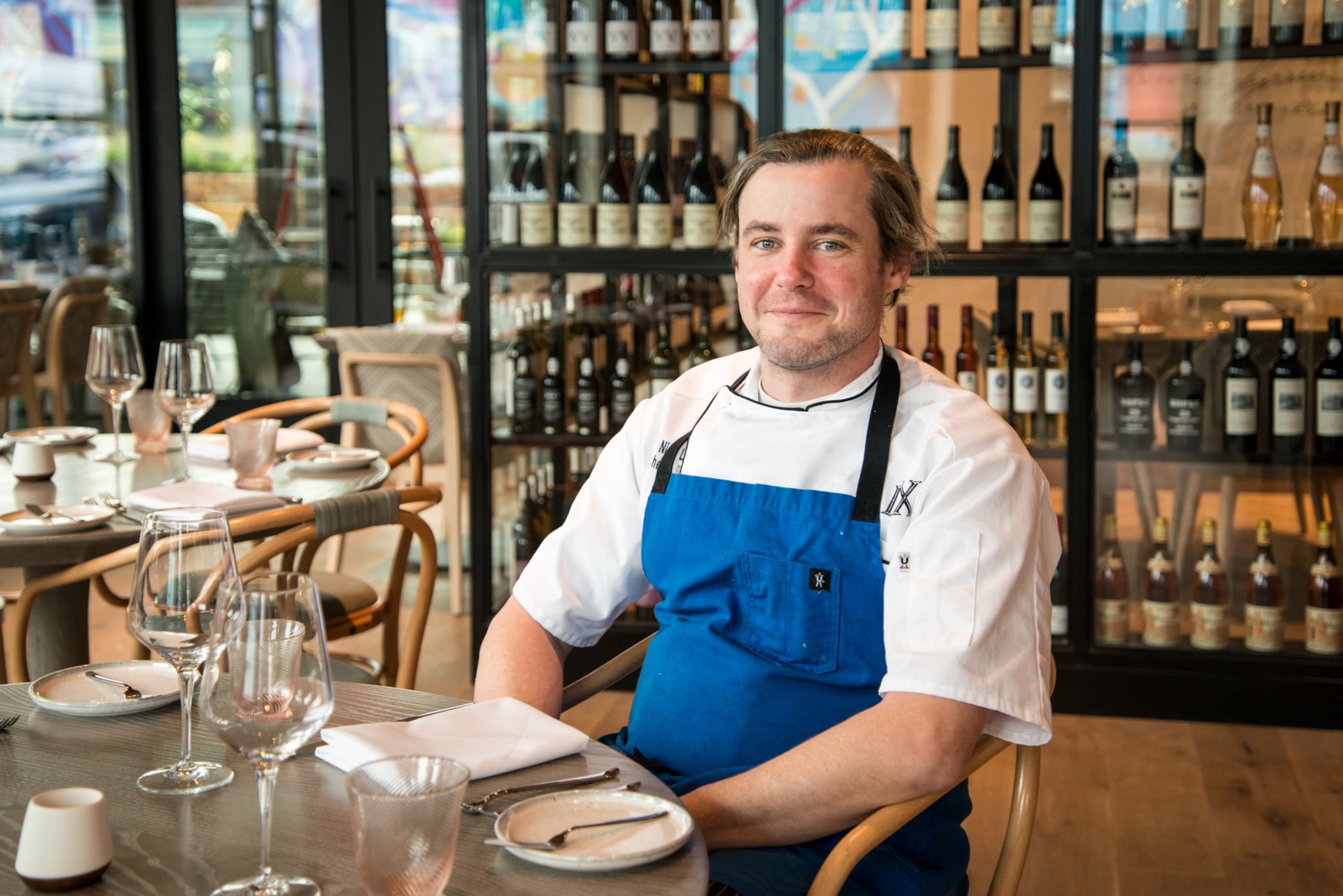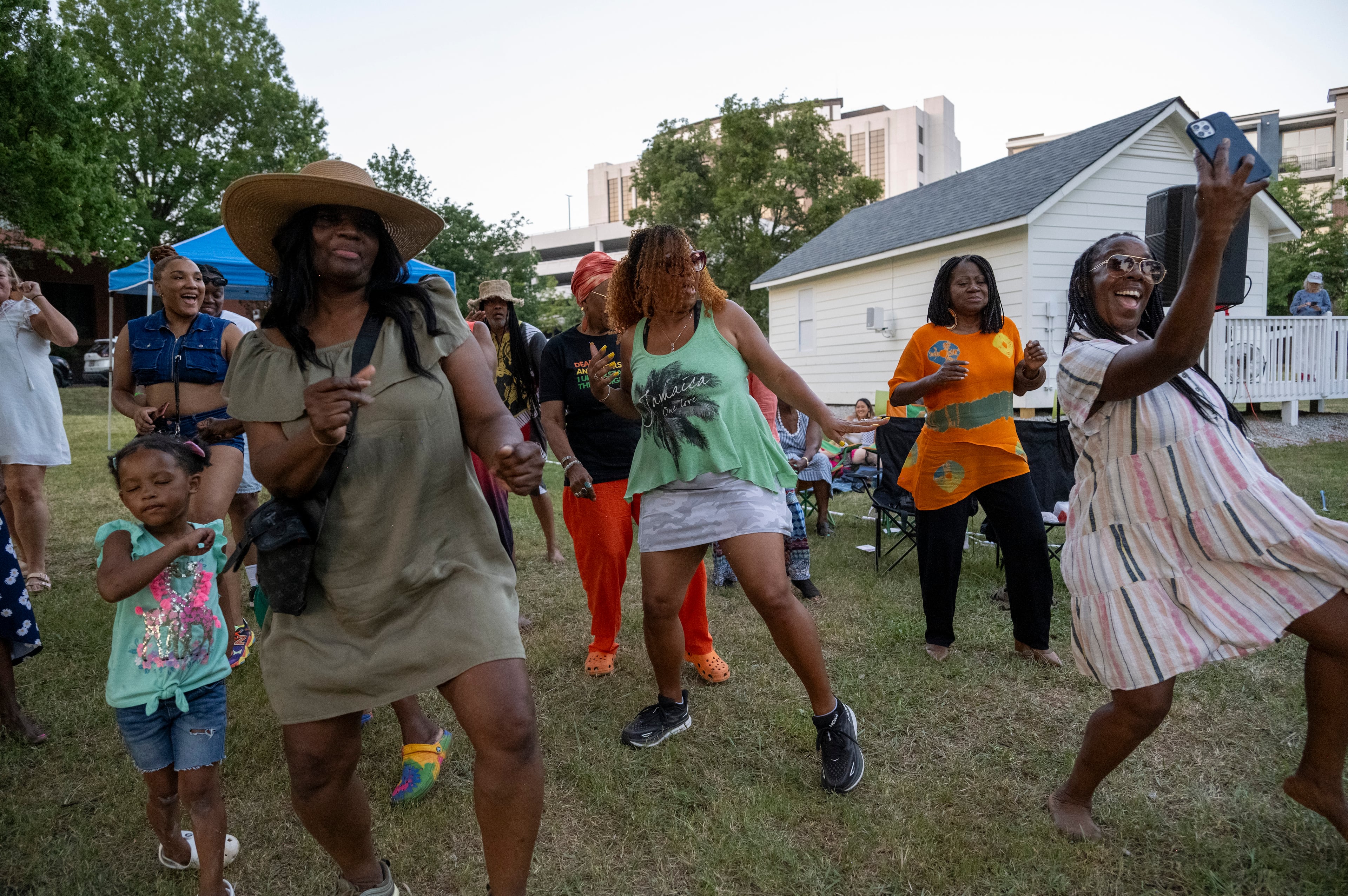OPINION: Does tip mean ‘to insure promptness’ or ‘to increase pay’?

I’m divided on tipping.
Case A) I’m at an Atlanta brewpub and must go inside to order because there was no server outside. I order a couple of ales and the bartender pours them.
It’s $15 and I’m paying with plastic as one does these days. He flips the iPad screen and it asks (actually, suggests) if I want to tip 20%, 25% or 30% for his efforts — which was turning around and filling two glasses. The customer behind me can see my transaction if he’s nosy, as most people are.
I quickly try to do math — 30% is giving the dude almost 5 bucks. Not wanting to hold up the line, I tip the least painful option (20%, or $3). I then walk back outside trying not to spill the beers, a bit peeved.
Case B) I’m in Barcelona on a recent trip, spending time with some Catalonian friends. The bill comes and it’s 100 Euros. I hand the waiter a wad of bills. He leaves and quickly returns a bit excited or maybe confused.
I had overpaid by 20 Euros, he said. “No,” I say, “that’s a tip.”
Our local host looks at me like I’m crazy, like I handed the man the keys to my car. “That is not needed,” he said. “They are paid to do this job.”
“Nah, I’ve got to tip him,” I said. “Otherwise, I’ll feel like a deadbeat.” We argue a bit and the waiter walks away smiling. With the cash. For the next few days, our host repeatedly ribs me, asking me if I tip the mailman or my insurance agent, too.

The subject of tipping is an irrational and emotional experience tied to generosity, self worth, anxiety and guilt. Who wants to look like an stingy bum?
Nowadays, the list is endless as to who you must tip. There was a tip prompt in a gas station when I was buying Gatorade and Cheetos. Hmmm, how much should I tip the cashier for ringing up items I carried to the counter? This time I passed.
The term “tip” supposedly means “to insure promptness,” which seems to be a myth. Besides, it no longer encourages anything approaching promptness. There are other theories about it coming from feudal times in Europe or America post-slavery. The New York Times, as it is wont to do, said “tipping contributes to unequal pay, racism, sexual harassment and power disparities in the industry.”
Whatever its origin, or reality, it’s now baked into every day life.
Nick Leahy, proprietor of Nick’s Westside, thought about going to a no-tipping system, of building the price of the tip into the cost of pan-roasted razor clams or the beer braised chicken leg. But he backed off.
“I don’t know if Atlanta is ready for it,” he told me. “There’s a lot of pushback because the perceived value seems less.”
That means a $35 steak before tip would become $42 in the new pricing world. The price after tip would be the same but it could be a psychological price point snag with customers. And in the volatile dog-eat-dog world of restaurateuring, who wants to be a Guinea pig?
Leahy said his customers are good tippers. They and the staff know each other. In fact, he said, customers in general are more cognizant about the vital role of tipping.
“There’s more awareness that this is how the front of the house makes their livelihood,” Leahy said. He noted the law states a $2.13 minimum wage for servers. The rest comes in tips. That amount is crazily unrealistic these days. He guarantees at least $20 an hour to servers and bartenders if the tips don’t reach that amount on off-nights.
Some restaurants have gone to flat fee tipping — usually 20% — to ensure that servers get paid and, perhaps take some of the pressure off customers. But that can get confusing — in the restaurant’s favor. Our dining editor, Ligaya Figueras, has dinged a couple of restaurants for not clearly telling patrons of their flat fee, which can lead to unwitting double tipping.
Karen Bremer, CEO of the Georgia Restaurant Association and a former owner of a white tablecloth eatery, says many servers — or at least the good ones — dislike flat-fee tipping.
“It gives them a ceiling,” she said. “They want to make their tips. Do you want to be simply an order take? Or do you want to make a commission on what you’re selling?”
Polls show Americans are confused about tipping and a bit miffed about the “tip creep” of paying gratuities to all sorts of professionals.

A sense of where the public’s mind is on the subject can be found in Skip Mason’s Vanishing Black Atlanta History, run by a reverend of that same name and kind of a zeitgeist as to what longtime Black Atlantans are thinking.
He posted a photo of a restaurant bill with an automatic 20% gratuity and his site exploded with nearly 500 comments in one day.
“It’s a double edged sword here,” one commenter wrote. “You’re liable to get poor service and be forced into paying standard gratuity. On the other hand, if you don’t want to pay an agent for their service, save money and cook at home. In order for an establishment to do this, they’ve typically received flack from their employees that work and get nothing.”
But the overwhelming attitude was noted by another: “Nope. Nope. Nope. No automatic gratuity. Tips used to be reserved for times when servers went above and beyond. Now, we’re required to award mediocrity. Now, we gotta tip the taco truck & the ice cream man. I’m not having this nonsense.”
Lots of folks aren’t.



